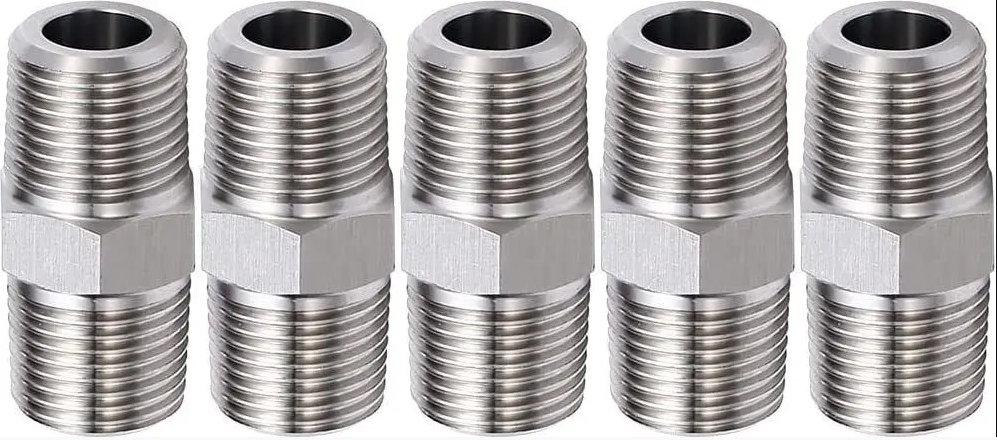
-
 Afrikaans
Afrikaans -
 Albanian
Albanian -
 Amharic
Amharic -
 Arabic
Arabic -
 Armenian
Armenian -
 Azerbaijani
Azerbaijani -
 Basque
Basque -
 Belarusian
Belarusian -
 Bengali
Bengali -
 Bosnian
Bosnian -
 Bulgarian
Bulgarian -
 Catalan
Catalan -
 Cebuano
Cebuano -
 Corsican
Corsican -
 Croatian
Croatian -
 Czech
Czech -
 Danish
Danish -
 Dutch
Dutch -
 English
English -
 Esperanto
Esperanto -
 Estonian
Estonian -
 Finnish
Finnish -
 French
French -
 Frisian
Frisian -
 Galician
Galician -
 Georgian
Georgian -
 German
German -
 Greek
Greek -
 Gujarati
Gujarati -
 Haitian Creole
Haitian Creole -
 hausa
hausa -
 hawaiian
hawaiian -
 Hebrew
Hebrew -
 Hindi
Hindi -
 Miao
Miao -
 Hungarian
Hungarian -
 Icelandic
Icelandic -
 igbo
igbo -
 Indonesian
Indonesian -
 irish
irish -
 Italian
Italian -
 Japanese
Japanese -
 Javanese
Javanese -
 Kannada
Kannada -
 kazakh
kazakh -
 Khmer
Khmer -
 Rwandese
Rwandese -
 Korean
Korean -
 Kurdish
Kurdish -
 Kyrgyz
Kyrgyz -
 Lao
Lao -
 Latin
Latin -
 Latvian
Latvian -
 Lithuanian
Lithuanian -
 Luxembourgish
Luxembourgish -
 Macedonian
Macedonian -
 Malgashi
Malgashi -
 Malay
Malay -
 Malayalam
Malayalam -
 Maltese
Maltese -
 Maori
Maori -
 Marathi
Marathi -
 Mongolian
Mongolian -
 Myanmar
Myanmar -
 Nepali
Nepali -
 Norwegian
Norwegian -
 Norwegian
Norwegian -
 Occitan
Occitan -
 Pashto
Pashto -
 Persian
Persian -
 Polish
Polish -
 Portuguese
Portuguese -
 Punjabi
Punjabi -
 Romanian
Romanian -
 Russian
Russian -
 Samoan
Samoan -
 Scottish Gaelic
Scottish Gaelic -
 Serbian
Serbian -
 Sesotho
Sesotho -
 Shona
Shona -
 Sindhi
Sindhi -
 Sinhala
Sinhala -
 Slovak
Slovak -
 Slovenian
Slovenian -
 Somali
Somali -
 Spanish
Spanish -
 Sundanese
Sundanese -
 Swahili
Swahili -
 Swedish
Swedish -
 Tagalog
Tagalog -
 Tajik
Tajik -
 Tamil
Tamil -
 Tatar
Tatar -
 Telugu
Telugu -
 Thai
Thai -
 Turkish
Turkish -
 Turkmen
Turkmen -
 Ukrainian
Ukrainian -
 Urdu
Urdu -
 Uighur
Uighur -
 Uzbek
Uzbek -
 Vietnamese
Vietnamese -
 Welsh
Welsh -
 Bantu
Bantu -
 Yiddish
Yiddish -
 Yoruba
Yoruba -
 Zulu
Zulu
Innovative Design and Efficiency in Screw Rolling Machine Production Process
The Evolution and Mechanism of Screw Rolling Machines
Screw rolling machines have significantly evolved over the years, becoming essential tools in the manufacturing sector. These machines are designed to create screws and similar fasteners through a process that combines precision, speed, and efficiency. In this article, we will explore the functionality, advantages, applications, and future prospects of screw rolling machines.
Understanding the Mechanism
At its core, a screw rolling machine operates using a technique known as cold forming. This process involves shaping metal at room temperature, which helps maintain its structural integrity and increases its strength. The main components of a screw rolling machine include the rolling dies, feeder system, and the drive mechanism.
In typical usage, metal rods are fed into the machine where they pass between two rotating dies. As the dies turn, they exert pressure on the rod, which causes it to deform and take on the desired screw thread profile. The rolling action creates threads without the need for cutting metal, leading to less waste and a faster production rate.
Advantages of Screw Rolling Machines
The use of screw rolling machines brings several advantages to manufacturing operations. One of the primary benefits is efficiency. These machines can produce large volumes of screws in a relatively short amount of time, which is crucial for sectors that require high output, such as automotive and construction industries.
Another significant advantage is material savings. Traditional machining methods, such as turning and milling, often result in a substantial amount of metal waste. In contrast, screw rolling machines forge the material into shape, resulting in higher yield rates and lower raw material costs.
Additionally, the mechanical properties of the finished screws are often superior to those produced through cutting methods. The cold forming process enhances the material's tensile strength and hardness, enabling manufacturers to produce high-performance fasteners that can withstand demanding applications.
screw rolling machine product

Applications in Various Industries
Screw rolling machines are utilized across multiple sectors, including automotive, aerospace, electronics, and construction. In the automotive industry, they are essential for producing fasteners that hold together critical components, ensuring safety and reliability. Similarly, in the construction industry, they create anchors and bolts necessary for structural integrity.
The aerospace sector also benefits greatly from screw rolling technology. The fasteners used in aircraft must comply with stringent safety standards, and the high strength-to-weight ratio provided by rolled screws makes them ideal for such applications. Furthermore, the electronics industry relies on precise fasteners for circuit boards and assemblies, where consistency and reliability are paramount.
The Future of Screw Rolling Machines
As technology continues to advance, the future of screw rolling machines looks promising. Automation and robotics are set to play a crucial role in enhancing their productivity. Automated feeding systems and robotic arms can streamline the loading and unloading processes, reducing the likelihood of human error and improving overall efficiency.
Moreover, the rise of Industry 4.0 and smart manufacturing is expected to introduce greater connectivity among machines. Screw rolling machines may soon incorporate IoT technology, allowing for real-time monitoring and predictive maintenance. This integration will improve machine uptime and ensure that production schedules are met more reliably.
Sustainability is another vital consideration for the future of screw rolling machines. With the growing emphasis on minimizing carbon footprints, manufacturers are exploring more energy-efficient designs and materials. Innovations in eco-friendly lubricants and power systems will contribute to a more sustainable manufacturing landscape.
Conclusion
Screw rolling machines have transformed the manufacturing of fasteners by providing an efficient, cost-effective, and high-quality method of production. Their role across various industries underscores their importance in modern manufacturing processes. With ongoing technological advancements and a focus on sustainability, the future of screw rolling machines is set to be as dynamic as its past, continuing to meet the demands of an evolving industrial landscape. As such, manufacturers should invest in these machines to enhance productivity and maintain a competitive edge in the market.
